Child Development Theories
-
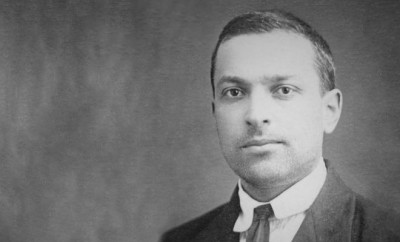 David Williams | May 10, 2020
David Williams | May 10, 2020Child Development Theories: Lev Vygotsky
Lev Vygotsky was another psychologist who believed children learn about their world through physical interaction. Vygotsky’s sociocultural theory...
-
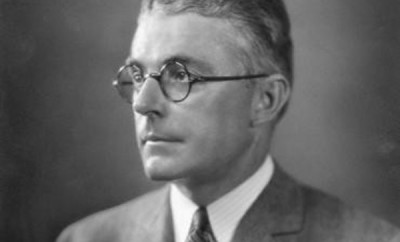 The Editor | December 10, 2018
The Editor | December 10, 2018Child Development Theories: John Watson
John Watson was an American psychologist who is generally recognised as the ‘father’ of the psychological school of...
-
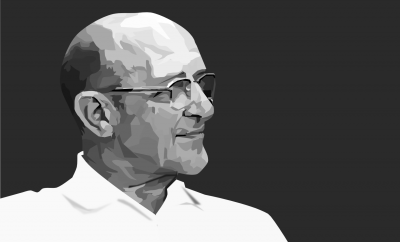 The Editor | November 22, 2018
The Editor | November 22, 2018Child Development Theories: Carl Rogers
Carl Rogers was an American psychologist and one of the founders of the humanistic, person-centred approach. He is...
-
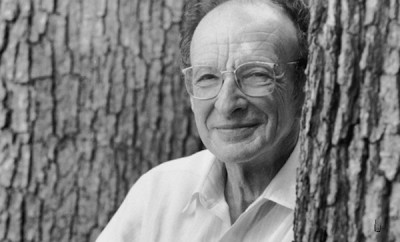 David Williams | October 30, 2018
David Williams | October 30, 2018Child Development Theories: Urie Bronfenbrenner
Urie Bronfenbrenner was a Russian-born American developmental psychologist whose most significant work was his ecological systems theory of...
-
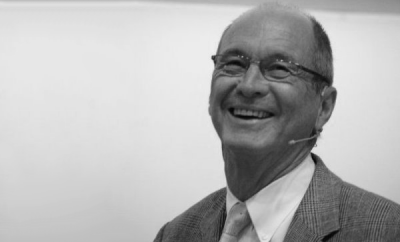 The Editor | October 16, 2018
The Editor | October 16, 2018Child Development Theories: David Kolb
David Kolb is an American educational theorist perhaps best known for his theory of experiential learning. Another aspect...
-
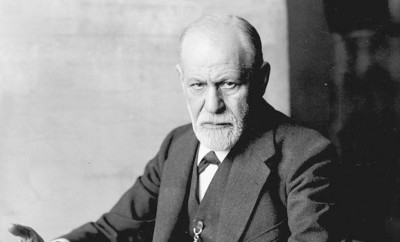 The Editor | September 26, 2018
The Editor | September 26, 2018Child Development Theories: Sigmund Freud
Sigmund Freud (1856-1939)created a psychoanalytic theory of personality which suggests human behaviour is the outcome of interactions and...
-
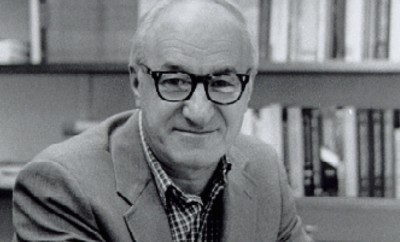 The Editor | September 24, 2018
The Editor | September 24, 2018Child Development Theories: Albert Bandura
Albert Bandura developed a social learning theory which proposes three regulatory systems to control behaviour. His research analysed...
-
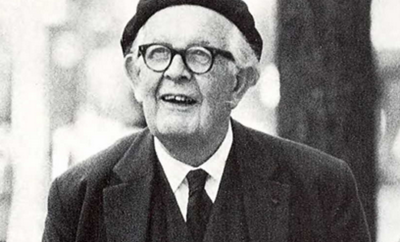 The Editor | September 6, 2018
The Editor | September 6, 2018Child Development Theories: Jean Piaget
Jean Piaget‘s cognitive development theory offers a full description of the nature and development of human intelligence. Usually...
-
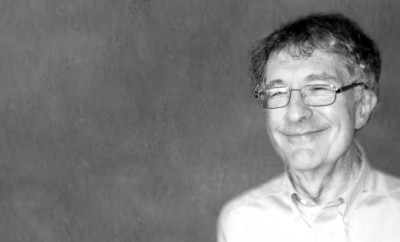 The Editor | June 10, 2018
The Editor | June 10, 2018Child Development Theories: Howard Gardner
Dr. Howard Gardner, a professor of education at Harvard University, developed his groundbreaking theory of multiple intelligences in...
-
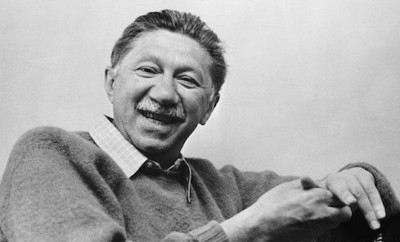 The Editor | April 10, 2018
The Editor | April 10, 2018Child Development Theories: Abraham Maslow
Psychologist Abraham Maslow considered most theories of human motivation too limited because they rarely strayed beyond basic physiological...


